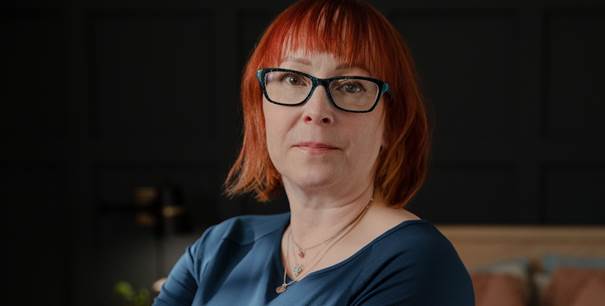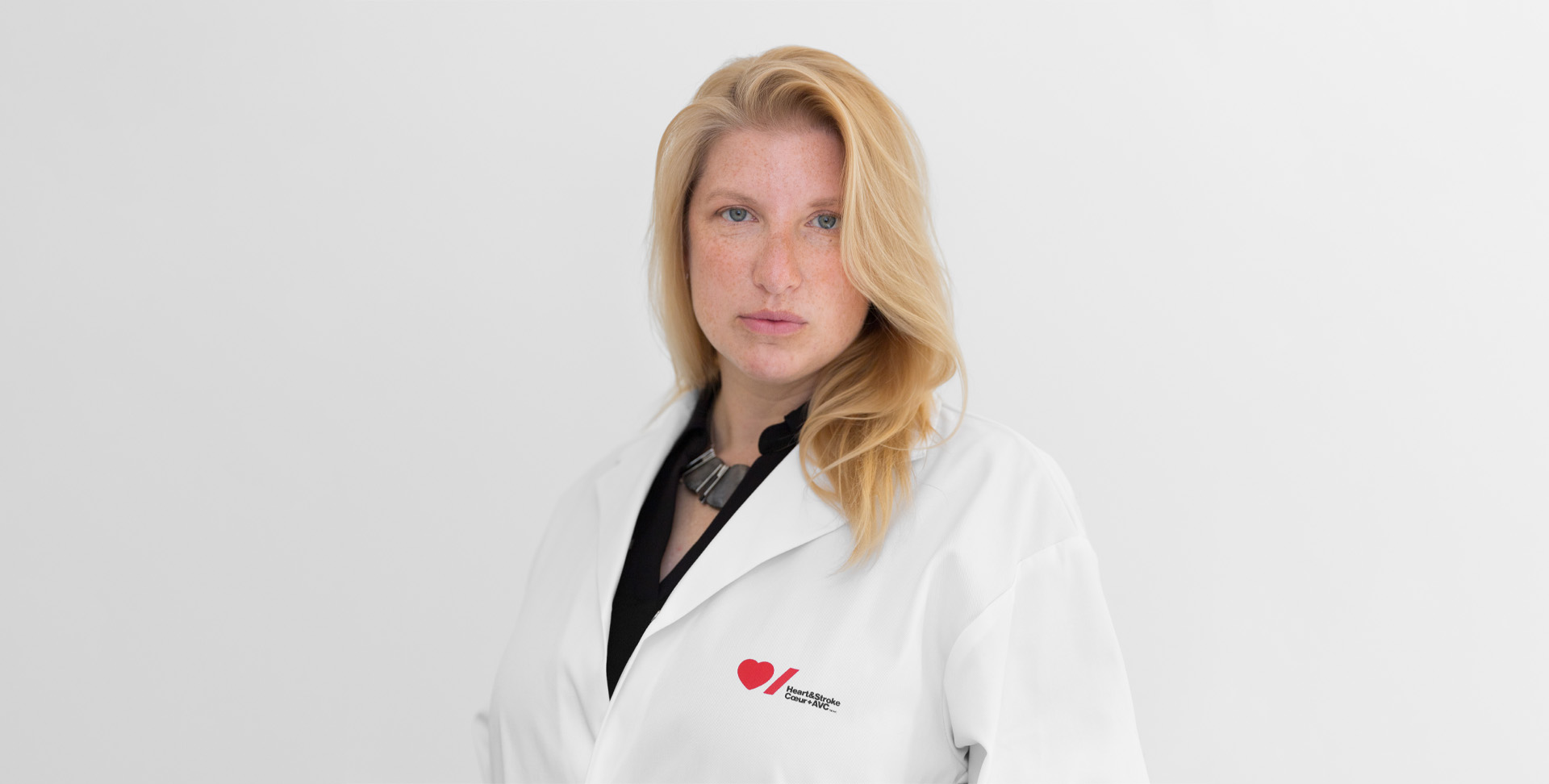
Preventing stroke before it strikes
Research by Dr. Jodi Edwards could head off the factors that increase risk – especially for women
Chapter 1 Solving a prevention puzzle
Dr. Jodi Edwards is a data detective sleuthing out ways to prevent stroke and vascular dementia. Her research is focused on the heart-brain connection and firmly tied to sex and gender equity.
Take atrial fibrillation (Afib), a type of irregular heartbeat that increases the risk of stroke and vascular dementia — especially in post-menopausal women. “One of the challenges with atrial fibrillation is it’s hard to detect. In some people, it comes and goes,” says Dr. Edwards, a cardiovascular epidemiologist and director of the Brain and Heart Nexus Research Program at the University of Ottawa Heart Institute.
That means too many people with undiagnosed Afib don’t get available life-saving treatments.
Her solution: Mine health data (including thousands of electrocardiogram and blood test results) to identify early-stage electrical and biological changes in the heart that are linked to Afib and may also increase risk of stroke and dementia.
“If we can identify these biomarkers and do risk prediction modeling, it can help us develop clinical decision tools to identify those at highest risk,” she says.
And this tool isn’t just for doctors.
Chapter 2 Empowerment through knowledge
A decision tool is the practical application of her data analysis. “It could be an app that doctors use at point-of-care, or a risk score that they can integrate into patient assessments, or digital resources tailored for patient themselves to use,” says Dr. Edwards, who received a Heart & Stroke New Investigator Award in 2020.
With such a tool for Afib, if a person’s risk factors and test results add up to a certain score, that would suggest they are at higher risk and could benefit from treatment to manage Afib and reduce stroke and dementia risk.
And yes, Dr. Edwards believes these tools are not just for healthcare providers.
“It’s important that everyone becomes a stronger advocate for their own healthcare. This is particularly important for women,” she says. She wants to empower them with an awareness of women-specific risk factors and evidence-based reasons for asking questions of their healthcare providers or requesting a specific test.
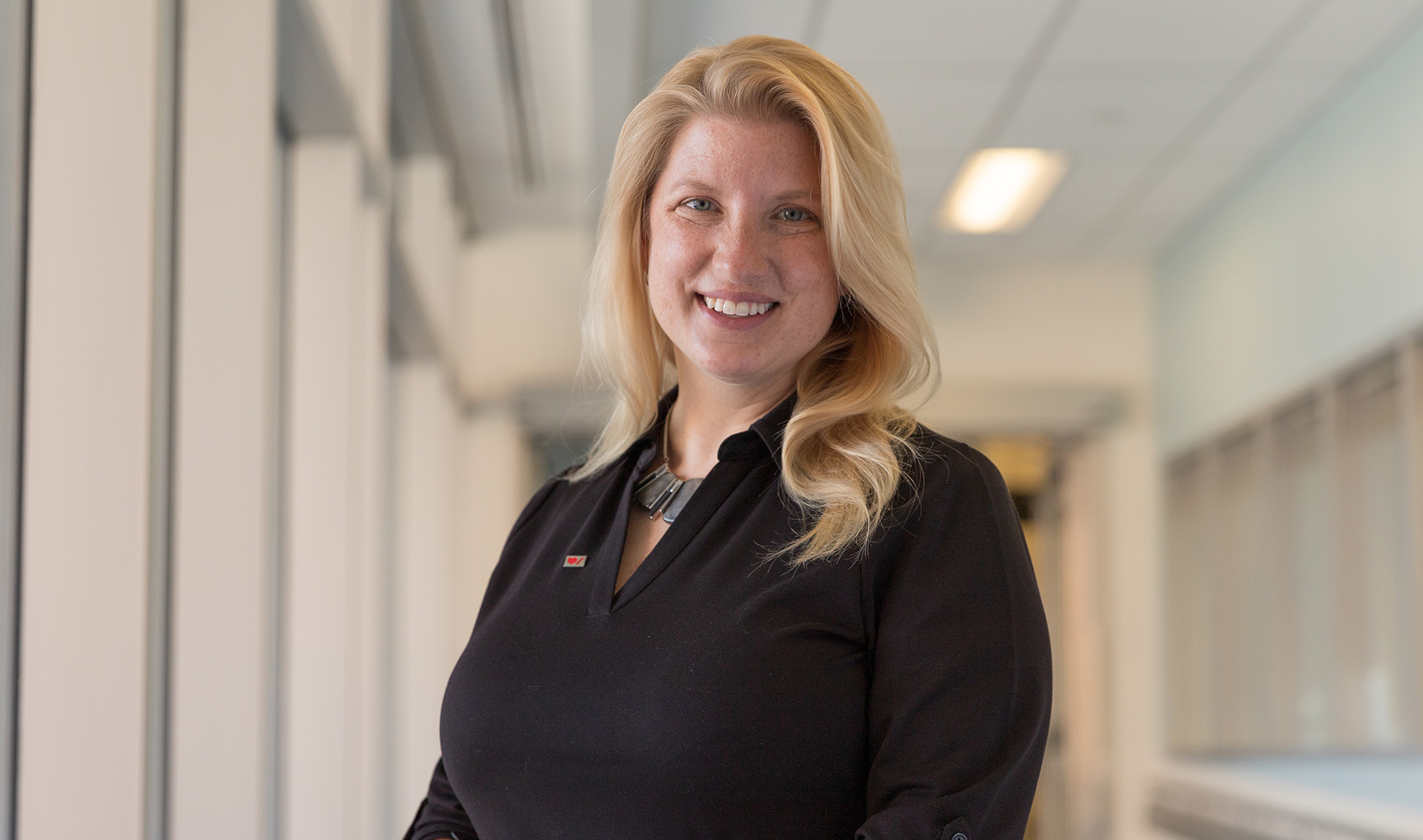
Dr. Edwards hopes to develop tools that will help identify people at risk for Afib, which can lead to stroke and vascular dementia.
In another project supported by Heart & Stroke donors, Dr. Edwards is looking to develop new prediction tools that incorporate women-specific heart and brain risk factors. These include the pregnancy complications pre-eclampsia and gestational hypertension. Women who experience these conditions while pregnant face an increased risk of cardiac events 10 years earlier than other women.
Yet the most used risk prediction tools for cardiovascular disease and Afib were developed with data that did not include women’s obstetrical histories, and that came from non-diverse populations.
Chapter 3 Beyond biology
When it comes to sex and gender, Dr. Edwards is increasingly convinced that just analyzing biological risk factors isn’t enough for accurate predictions, especially around women’s health.
“We need to focus on the social determinants of health,” she says — factors that include lower socioeconomic status and the burden of caring for family members and the potential part that gender roles play in heart and brain health It’s important to understand how these risks impact the health of women in different ethnic groups, she says.
“For me, it’s about the recognition of underappreciated risk factors, sex-specific factors and really early factors that give us the time to prevent illness,” she says. “That’s the most important thing; prevention is the key to improving heart and brain health for Canadians.”
- Learn more about preventing stroke.
- Learn more about the gaps that threaten women’s heart and brain health.

Real stories
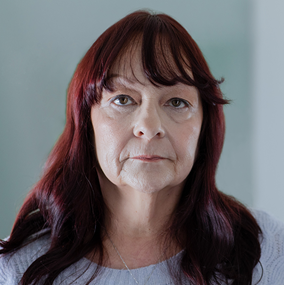
Back from the brink
Michelle tried for months to get her symptoms taken seriously. Then she had a heart attack
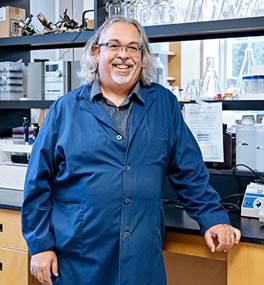
Protecting heart health after menopause
Dr. Glen Pyle’s discoveries will reduce heart disease in older women — and help men too
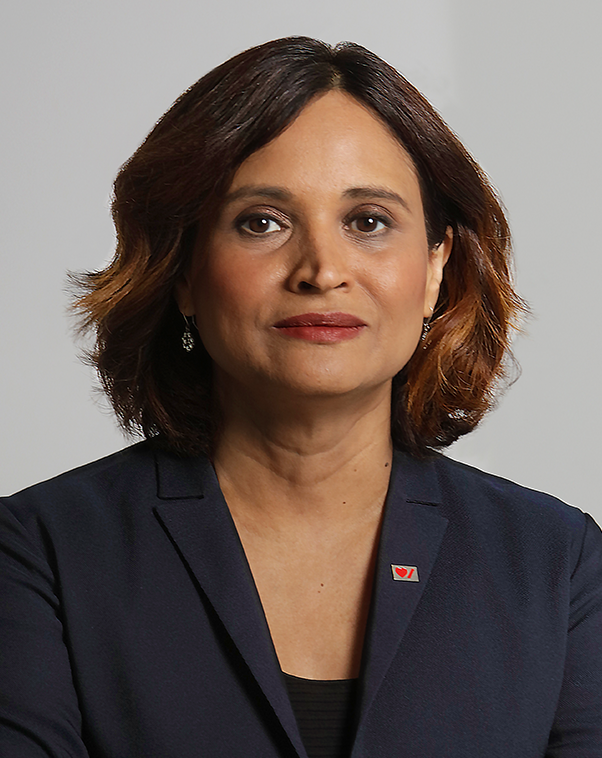
Using data to save more women
Dr. Padma Kaul researches ways to improve diagnosis and treatment of heart disease
